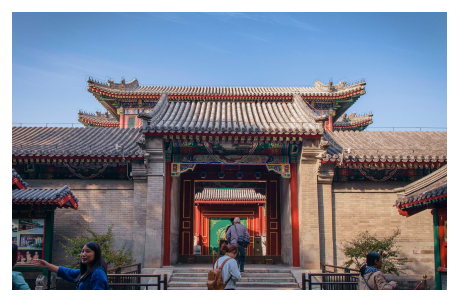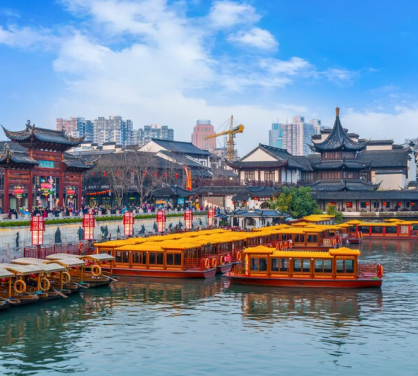Day 5: Nanjing
Sun Yat-sen Mausoleum: Pay respects to the founder of modern China
Nanjing Massacre Memorial Hall: Reflect on the history of the Second
Sino-Japanese War
Day 6: Nanjing
Visit Classical Gardens of Suzhou
Pingjiang Road: Stroll along this historic street lined with
traditional houses and shops
Day 7: Shanghai
The Bund: Walk along the historic
waterfront area.
Yu Garden: Visit this classical garden
located in the Old City
Day 8: Shanghai
Water Town in Wuzhen










